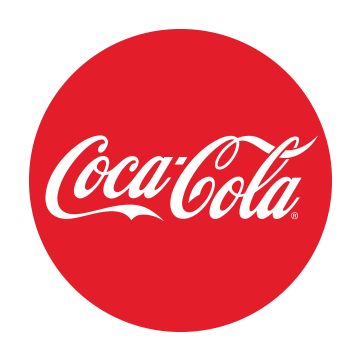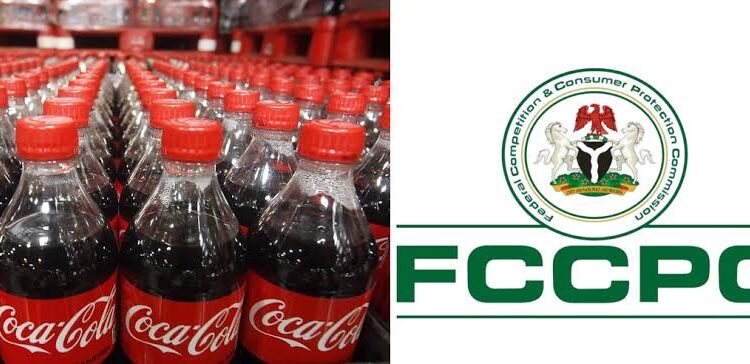The Federal Competition and Consumer Protection Commission (FCCPC) has warned Coca-Cola Nigeria Limited (Coca-Cola) and the Nigerian Bottling Company Limited (NBC) for using misleading trade names.
In a statement on Thursday, the FCCPC said the companies used unfair tactics, thereby “misleading consumers”.
The Commission said Coca-Cola and NBC were guilty of deceiving the public by describing Coca-Cola’s “Original Taste, Less Sugar” variant as identical in composition to its “Original Taste” variant.
“In June 2019, the Federal Competition and Consumer Protection Commission (Commission) became aware that Coca-Cola Nigeria Limited (Coca-Cola) and Nigerian Bottling Company Limited (NBC) (jointly referred to as the “Companies”) had commenced a migration of their Coke brand from a formulation that included regular sugar to non-nutritive sweeteners,” the statement said.
“The transition was not yet complete at the time, but appeared to follow previously completed but undisclosed and uncommunicated transitions (later to be revealed in the investigation) in relation to other brands, namely Fanta and Sprite.

“The strategy and conduct at the time appeared to possibly infringe FCCPA provisions prohibiting misleading trade descriptions, unfair marketing tactics, and questions whether some pricing strategies in certain geographical areas of Nigeria were on account of market power in the geographic areas, and as such constituted abuse of dominant market position.”
The Companies Cancelled the Transaction and Used a Different Business Strategy
The FCCPC also noted that Coca-Cola and NBC abandoned months of work and mutually agreed with the Commission on a different business strategy. According to the Commission, this chosen strategy does not meet the applicable criteria.
“Accordingly, recognizing that this conduct is currently ongoing, the Commission issued and served a Final Order against Coca-Cola and NBC on July 29, 2024,” the statement continued.
“The Final Order contains the Commission’s findings some of which include: Misleading trade descriptions under Section 116 FCCPA by continuing to mislead consumers to believing Coca-Cola Original Taste is not materially different from Coca-Cola Original Taste ‘Less Sugar’.
“Unfair marketing tactics: Contrary to Section 124(1)(a) of the FCCPA, Coca-Cola Nigeria markets Coca-Cola Original Taste Less Sugar in packaging first, indistinguishable, and now not sufficiently distinguishable from Coca-Cola Original Taste, contrary to Sections 123(1)(a), (b), and (c) of the FCCPA.”

The Commission said Coca-Cola and NBC still did not have the right taste even after intervention The regulator noted the steps taken to “modify misleading behaviour demonstrating that the companies acted intentionally by misrepresenting Coca-Cola Original Taste Less Sugar as Coca-Cola Original Taste in a deliberate business strategy”.
“Furthermore, NBC used identical packaging for both Zero Sugar and its 50:50 variant of Limca Lime- Lemon flavoured drink, misleading consumers and violating Sections 17(g), 116(1) & (2), and 123 of the FCCPA and Section 2(a) of the National Agency for Food and Drug Administration and Control Act 2004,” the statement continued.
“The commission found NBC applied deceptive trade descriptions to the two variances and supply these products to consumers violating Section 116 (3) of the FCCPA.”
The Commission said it raised the issue of “abuse of dominance and quantum of the penalty appropriate under the FCCPA and Administrative Penalties Regulation 2020 (APR) for further regulatory action, and same will be imposed in due course”.
FCCPC’s Directions to Companies Accordingly;
The Commission directs the companies, with the concurrence of the Commission, to ensure adequate and acceptable packaging and labeling, and the distinction between the original taste of cola and the original taste of cola without sugar.
The FCCPC also ordered the companies to immediately implement a comprehensive advertising campaign for all product variants in a manner that provides consumers with clear and appropriate identifiers so that consumers can clearly distinguish one product from another without ambiguity, deception, or confusion.
The Commission found that the companies would be subject to supervision for 24 months.

































